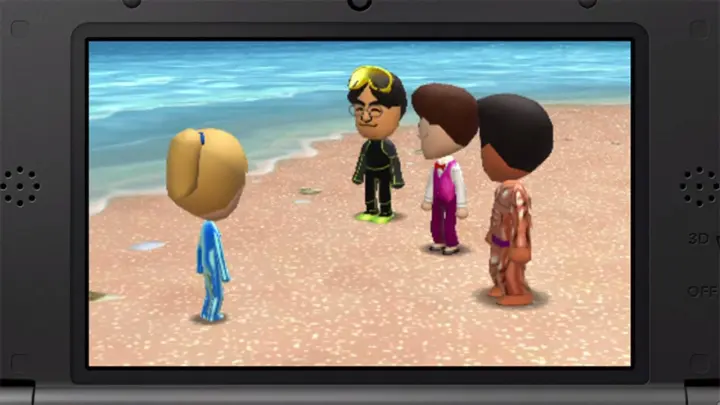
After reporting a $457 million loss last fiscal year, Nintendo predicted that the upcoming, English-language release of its life-simulator game Tomodachi Life would help the company turn things around this year. Now, a new controversy could derail the game’s reception.
In response to a campaign pushing Nintendo to allow same-sex marriages in Tomodachi Life — which lets players’ digital “Mii” avatars interact with each other, shop, and even marry other players’ avatars — the Japanese company said it can’t change the game to allow same-sex relationships between Miis.
“I want to be able to marry my real-life fiancé’s Mii, but I can’t do that,” said the campaign’s creator, Tye Marini, in a video he posted online to explain why he launched the “Miiquality” campaign. “My only options are to marry some female Mii, to change the gender of either my Mii or my fiancé’s Mii or to completely avoid marriage altogether and miss out on the exclusive content that comes with it.”
Update on 5-12-2014 by Jeffrey Van Camp: According to WSJ, Nintendo has issued a statement apologizing “for disappointing many people by failing to include same-sex relationships in Tomodachi Life.” The current game cannot be altered because it’s already out, but it claims future Tomodachi games will be more inclusive.
Before the media frenzy got out of control, Nintendo of America issued this statement: “Nintendo never intended to make any form of social commentary with the launch of Tomodachi Life. The relationship options in the game represent a playful alternate world rather than a real-life simulation. We hope that all of our fans will see that Tomodachi Life was intended to be a whimsical and quirky game, and that we were absolutely not trying to provide social commentary.”
According to Nintendo, more than 1.83 million copies of Tomodachi Life have been sold in Japan, where same-sex marriage is illegal. The English-language edition of the game — which is scheduled to hit shelves in the U.S. and Europe June 6 — is accompanied by the tagline “Your friends. Your drama. Your life.” and claims to offer players the ability to “give Mii characters items, voices and personalities, then watch as they rap, rock, eat doughnuts, and fall in love.”
“The ability for same-sex relationships to occur in the game was not part of the original game that launched in Japan, and that game is made up of the same code that was used to localize it for other regions outside of Japan,” explained Nintendo in a statement to Associated Press.
Speaking with Associated Press, Marini reiterated his rationale for the campaign.
“It’s more of an issue for this game because the characters are supposed to be a representation of your real life,” he explained. “You import your personalized characters into the game. You name them. You give them a personality. You give them a voice. They just can’t fall in love if they’re gay.”
Article originally published on 5-08-2014.



